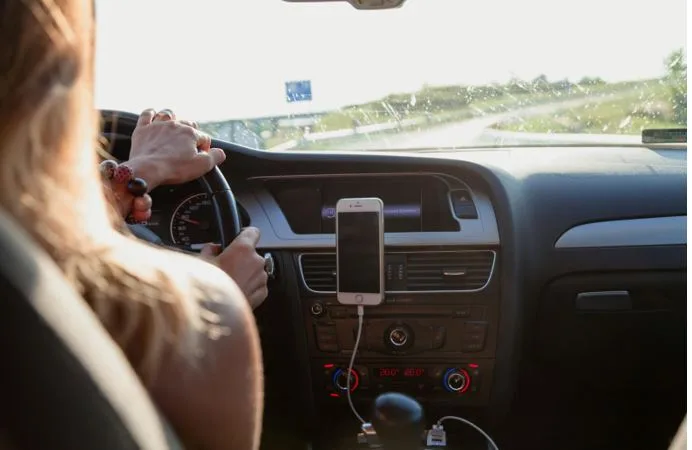Better Business Bureau (BBB) Supports Small Businesses with Alerts: The Latest BBB Tips
Don’t have accreditation from the Better Business Bureau (BBB) yet? It pays to become a BBB small business, as this is one of the main ways consumers verify that a venture is legitimate and not a scam. Moreover, the BBB helps businesses themselves avoid falling prey to unscrupulous operators.
Here’s everything small business owners need to know about BBB accredited businesses, how to become one, and how to take advantage of the organization’s other services.
What is a BBB small business?
The BBB’s vetting process provides an independent, third-party certification for small businesses that offers social proof and helps establish marketplace trust. Prospective new customers gain confidence in companies that have obtained this important seal of approval. To be clear, the organization doesn’t assess or evaluate companies’ products or services. Instead, their system focuses on the worthiness of consumer trust.
To earn accreditation, companies have to satisfy eight main criteria, each of which has multiple components. These include building trust through a positive, clean track record of successful transactions, being honest in advertising, maintaining transparency, fulfilling promises, and protecting customers’ privacy, among other key principles.
Companies that successfully earn this certification have the right to display the organization’s seal of approval on their websites and marketing materials. They also receive a BBB business profile page on the organization’s own official website. Since many people search this platform for specific products or services, it provides a quick and easy way for customers to find their next favorite small business — yours!
The platform also enables businesses to garner glowing online reviews. When someone leaves a review, the entrepreneur or other business leader is notified, and there are even resources for addressing any negative feedback.
Get accredited! Becoming an accredited business
Businesses that make the effort to obtain BBB accreditation reap the rewards of this valuable endorsement. To get started, ask yourself if your company fulfills the fundamental criteria. Businesses need to have been operating for at least six months, have secured all the necessary licensing, bonding, and insurance, have successfully resolved any customer complaints with the BBB, not have any outstanding ethics violations with the government, be able to substantiate the honesty of their advertising, show evidence of fulfilled contracts, and protect privacy with adequate cybersecurity.
If your business meets or exceeds these expectations, the next step is to point your browser toward BBB.org, the organization’s official website, and fill out a simple online form. It asks for your name, contact information, job title, business name, and location, as well as confirmation that the company has been in business for six months or longer. You are also allowed to search their directory for your business and claim it if it has a listing.
The third step is to complete the full application, which includes a series of questions that determine whether your organization meets their standards.
After you’ve submitted your application, the BBB will investigate your business. They may reach out and request additional documentation during this stage. The board of directors at your local BBB chapter will make the final call, either approving or denying your application. All told, this phase of the process can last from a few days to up to six weeks.
If your business is approved, then you will be asked to pay annual dues. These vary according to your business’s size, number of employees, and geographic location. Many small businesses pay between $500 and $1,500 per year.
After you have paid your dues, the BBB will send you your seal of accreditation to use in your marketing materials and on your website. The organization’s directory will also update to show your new status. Now you just need to maintain it by continuing to operate in alignment with the organization’s criteria.
Spot Scams: Other ways the BBB supports small businesses
The BBB also helps consumers and small businesses by issuing alerts on new scams. For instance, the organization put out a warning in December that malicious actors attempt to impersonate governmental regulatory authorities and send official-looking letters and emails to business owners. They often include QR codes or URLs that guide the victim to fake websites where payment is demanded for nonexistent fees.
In another scam, the BBB warns businesses — especially car dealerships and companies selling heavy equipment — that criminals sometimes launch fake websites, pretending to be their legitimate businesses. When unsuspecting customers place orders with them, they can show up at your front door, demanding the products or services they believe they have purchased.
The BBB encourages members of the public to report suspicious or fraudulent activity both to their own organization and the FBI.
Let the BBB serve you in 2025
Whether you run a major corporation, a franchise for a large service provider, or a tiny local business like a neighborhood restaurant, bakery, or Etsy store, it pays to let BBB help you thrive. Increase customer trust and loyalty. Invite new customers to try your wares. Protect your business from con artists. Get involved in the BBB and take advantage of everything it offers!




![[Big Launch]HCapital by PhillipCapital — Alex Lau Jian Hua Leads the 9th “Institutional Group Strategy · 400% Compounding Plan” Now Live!](https://businesnewswire.com/wp-content/uploads/2025/06/az-174.webp)

